Table of Contents
Left Communism
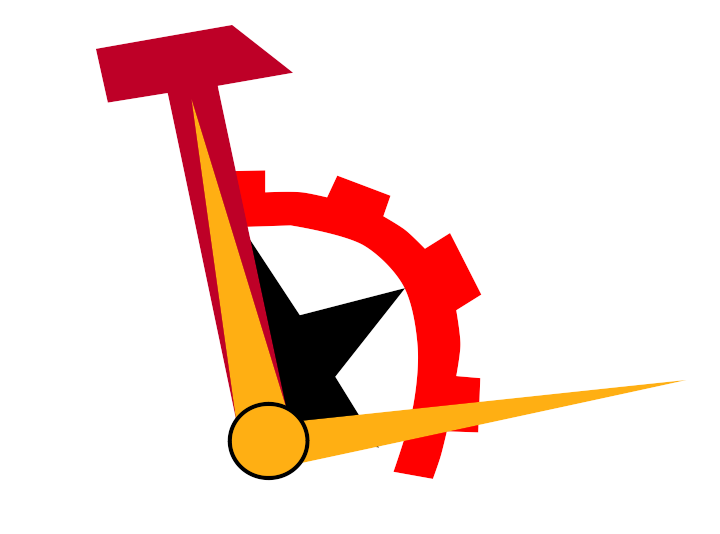 Left-Communism refers to a broad scope of economic and political philosophies that emphasize the anti-authoritarian aspects of Marxism. Early currents of libertarian Marxism, known as left communism, emerged in opposition to Marxist-Leninist vanguardism, it is also often critical of reformist positions, such as those held by social democrats. Libertarian Marxist currents emphasize the Marxist belief in the ability of the working class to forge its own destiny without the need for a revolutionary party or state to mediate or aid its liberation.
Left-Communism refers to a broad scope of economic and political philosophies that emphasize the anti-authoritarian aspects of Marxism. Early currents of libertarian Marxism, known as left communism, emerged in opposition to Marxist-Leninist vanguardism, it is also often critical of reformist positions, such as those held by social democrats. Libertarian Marxist currents emphasize the Marxist belief in the ability of the working class to forge its own destiny without the need for a revolutionary party or state to mediate or aid its liberation.
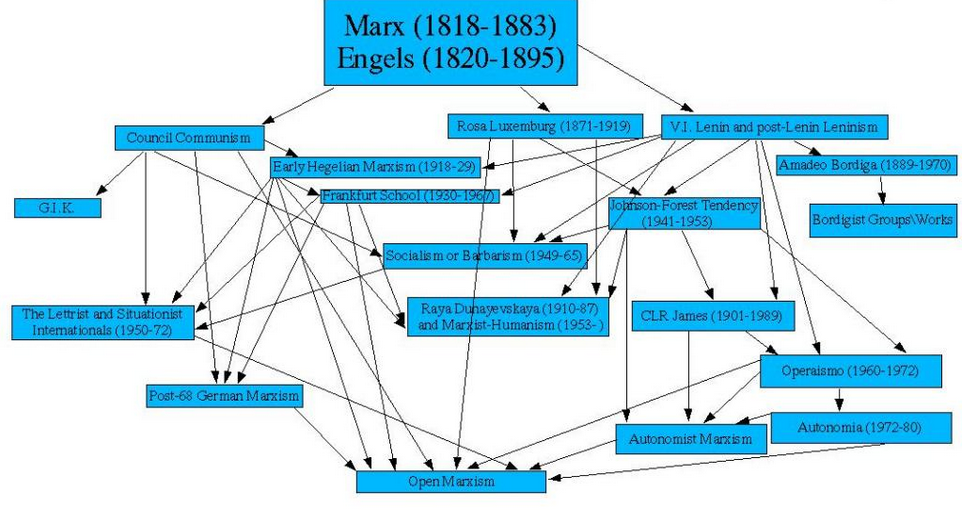
- Manifesto of the Communist Party - Karl Marx & Friedrich Engels (Audiobook)
- Grundrisse - Karl Marx
- The Civil War in France - Karl Marx
- Economic & Philosophical Manuscripts of 1844 - Karl Marx
- Libertarian Marxism? - Daniel Guérin
- Libertarian Marxism's Relation to Anarchism - Wayne Price
- Leninism or Marxism? - Rosa Luxemburg
- The Accumulation of Capital - Rosa Luxemburg
- Reform or Revolution - Rosa Luxemburg
- The Mass Strike - Rosa Luxemburg
- The National Question - Rosa Luxemburg
Autonomism
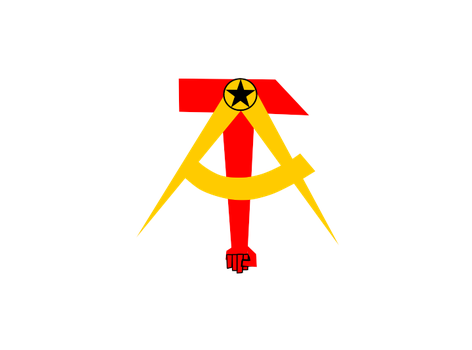 Autonomism emphasises the ability of the working class to force changes to the organization of the capitalist system independent of the state, trade unions or political parties. Autonomous social movements involve people directly in decisions affecting their everyday lives. They seek to expand democracy and to help individuals break free of political structures and behavior patterns imposed from the outside.
Autonomism emphasises the ability of the working class to force changes to the organization of the capitalist system independent of the state, trade unions or political parties. Autonomous social movements involve people directly in decisions affecting their everyday lives. They seek to expand democracy and to help individuals break free of political structures and behavior patterns imposed from the outside.
- Empire - Michael Hardt and Antonio Negri
- Multitude - Michael Hardt and Antonio Negri
- Commonwealth - Michael Hardt and Antonio Negri
- The Subversion of Politics - Georgy Katsiaficas
- Reading Capital Politically - Harry Cleaver
- Rupturing the Dialectic - Harry Cleaver
Bordigism
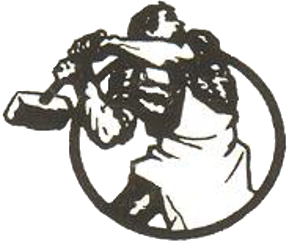 Bordigism is a variant of left communism which refuses on principle any participation in parliamentary elections.
Bordigism is a variant of left communism which refuses on principle any participation in parliamentary elections.
- Fundamental Theses of the Party - Amadeo Bordiga
- Murder of the Dead - Amadeo Bordiga
- On the Dialectical Method - Amadeo Bordiga
- Amadeo Bordiga: Beyond the Myth and the Rhetoric - Onorato Damen
Chaulieu–Montal Tendency
The Chaulieu–Montal tendency is the political philosophy of the French libertarian socialist group 'Socialism or Barbarism' and its British counterpart 'Solidarity', following from the belief that what the working class was addressing in their daily struggles was the real content of socialism. It was critical of Leninism, rejecting the idea of a revolutionary party, and placing an emphasis on the importance of workers' councils.
- The Imaginary Institution of Society - Cornelius Castoriadis
- Figures of the Thinkable - Cornelius Castoriadis
- The Irrational in Politics - Maurice Brinton
- The Bolsheviks and Workers Control - Maurice Brinton
- Proletarian Experience - Claude Lefort
- What is Bureaucracy? - Claude Lefort
- Socialism or Barbarism - Solidarity
- Poland 1980-1982 - Henri Simon
Communization
Communization means the abolition of property itself along with any state-like institutions claiming to represent a given subset of humanity. In these accounts humanity as a whole, directly or indirectly, would take over the task of the production of goods for use (and not for exchange). People would then have free access to those goods rather than exchanging labor for money, and distribution would take place according to the maxim “from each according to his ability, to each according to his need.”
- To Our Friends - The Invisible Committee (Audiobook)
- Communization and its Discontents - Benjamin Noys
- Bring Out Your Dead - Endnotes
- Communisation - Gilles Dauvé
- The Story of Our Origins - Gilles Dauvé
- Eclipse and Reemergence of the Communist Movement - François Martin & Gilles Dauvé
- Recollecting Our Past - La Banquise
- A World Without Money - The Friends of 4 Million Young Workers
Council Communism
 Council communism is a current of socialist thought characterized by its opposition to statism and its advocacy of workers' councils and soviet democracy as the basis for dismantling the class state. It is opposed to the party vanguardism and democratic centralism of Leninist ideologies and it contends that democratic workers' councils arising in the factories and municipalities are the natural form of working class organization and authority. Council Communism also stands in contrast to social democracy through its formal rejection of both reformism and “parliamentarism”.
Council communism is a current of socialist thought characterized by its opposition to statism and its advocacy of workers' councils and soviet democracy as the basis for dismantling the class state. It is opposed to the party vanguardism and democratic centralism of Leninist ideologies and it contends that democratic workers' councils arising in the factories and municipalities are the natural form of working class organization and authority. Council Communism also stands in contrast to social democracy through its formal rejection of both reformism and “parliamentarism”.
- Council Communism - Mark Shipway
- Workers' Councils - Anton Pannekoek
- The Revolution is not a party affair - Otto Rühle
- The communist left in Germany 1918-1921 - Gilles Dauvé and Denis Authier
- Lenin as a Philosopher - Anton Pannekoek
- Hungary '56 - Andy Anderson
De Leonism
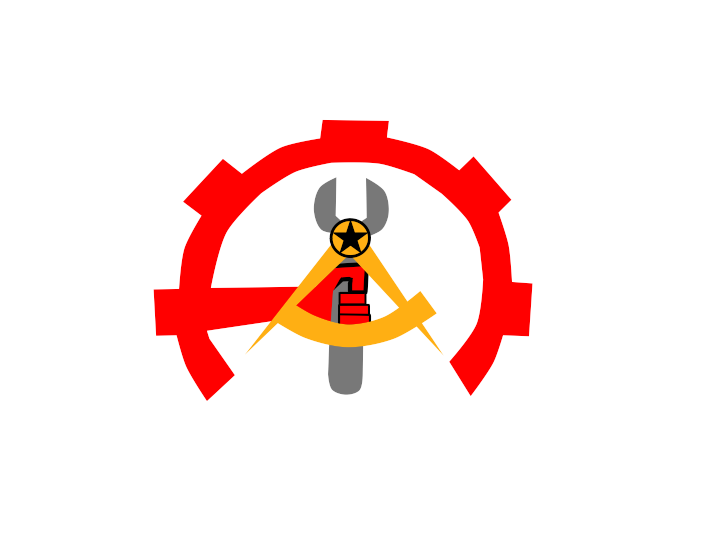 De Leonism is a libertarian Marxist current combining the theories of revolutionary syndicalism with orthodox Marxism. According to De Leonist theory, militant industrial unions as the vehicle of class struggle will bring about the change needed to establish a socialist system. Unlike Anarcho-Syndicalism, De Leonism believes in the necessity of a central government to coordinate production as well as in the use of a revolutionary political party in addition to union action to achieve its goals.
De Leonism is a libertarian Marxist current combining the theories of revolutionary syndicalism with orthodox Marxism. According to De Leonist theory, militant industrial unions as the vehicle of class struggle will bring about the change needed to establish a socialist system. Unlike Anarcho-Syndicalism, De Leonism believes in the necessity of a central government to coordinate production as well as in the use of a revolutionary political party in addition to union action to achieve its goals.
- Reform or Revolution? - Daniel De Leon
- What Means This Strike? - Daniel De Leon
- The Burning Question of Trade Unionism - Daniel De Leon
- The Socialist Reconstruction of Society - Daniel De Leon
- As to Politics - Daniel De Leon
Marxist Humanism
 Marxist humanism concluded that, as there was no true socialist society existing anywhere in the world, a return to the fundamentals of Marxism was in order - emphasizing the Marxist Theory of Alienation and Hegel's philosophy as being the foundation of Marxism.
Marxist humanism concluded that, as there was no true socialist society existing anywhere in the world, a return to the fundamentals of Marxism was in order - emphasizing the Marxist Theory of Alienation and Hegel's philosophy as being the foundation of Marxism.
- A New Notion - C.L.R. James
- State Capitalism & World Revolution - C.L.R. James, Raya Dunayevskaya & Grace C. Lee
- The Black Jacobins - C.L.R. James
- Facing Reality - C.L.R. James & Grace C. Lee
- The Uniqueness of Marxist Humanism - Raya Dunayevskaya
- Dialectics: The Algebra of Revolution - Raya Dunayevskaya
- The Free Speech Movement and the Negro Revolution - Raya Dunayevskaya
- Economic Reality and the Dialectics of Liberation - Raya Dunayevskaya
- The Death of the Death of the Subject - Peter Hudis
Open Marxism
Open Marxism is a school of thought which draws on libertarian socialist critiques of party communism and stresses the need for openness to praxis and history through a dialectical method grounded in the “practical reflexivity” of Karl Marx's own concepts. The “openness” in open Marxism also refers to a non-deterministic view of history in which the unpredictability of class struggle is foregrounded.
- Change the world without taking power - John Holloway
- Crack Capitalism - John Holloway
- The State Debate - Simon Clarke
Situationism
Situationist theory represents an attempt to synthesize this diverse field of theoretical disciplines into a modern and comprehensive critique of advanced capitalism. The situationists recognized that capitalism had changed since Marx's formative writings, but maintained that his analysis of the capitalist mode of production remained fundamentally correct; such as his theory of alienation. They asserted that the misery of social alienation and commodity fetishism were no longer limited to the fundamental components of capitalist society, but had now in advanced capitalism spread themselves to every aspect of life and culture.
- Spectacular Times - Larry Law
- Report on the Construction of Situations - Guy Debord
- The Society of the Spectacle - Guy Debord (Film)
- The Revolution of Everyday Life - Raoul Vaneigem
- Critique of the Situationist International - Gilles Dauve
- On the Poverty of Student Life - UNEF Strasbourg (Audiobook)
Western Marxism
Western-Marxism emphasises Marxism's philosophical and sociological aspects, and its origins in the philosophy of Georg Wilhelm Friedrich Hegel and the more humanistic works of “Young Marx”. Western Marxism arose in opposition to the form of Marxism codified in the Soviet Union, and over time shifted from a political movement to an academic one.
- Character Analysis - Wilhelm Reich
- The Mass Psychology of Fascism - Wilhelm Reich
- The Sexual Revolution - Wilhelm Reich
- History and Class Consciousness - Georgy Lukacs
- Prison Notebooks - Antonio Gramsci
- Reason And Revolution - Herbert Marcuse
- The Work of Art in the Age of Mechanical Reproduction - Walter Benjamin
- Eclipse of Reason - Max Horkheimer
- Escape From Freedom - Erich Fromm
- Minima Moralia - Theodor W. Adorno
- One-Dimensional Man - Herbert Marcuse
- Negative Dialectics - Theodor W. Adorno
- The Structural Transformation of the Public Sphere - Jürgen Habermas
- The Theory of Communicative Action - Jürgen Habermas
- Dialectic of Englightenment - Max Horkheimer & Theodor W. Adorno
- The Authoritarian Personality - Theodor W. Adorno, Else Frenkel-Brunswik, Daniel Levinson & Nevitt Sanford
- Theses on the Philosophy of History - Walter Benjamin
